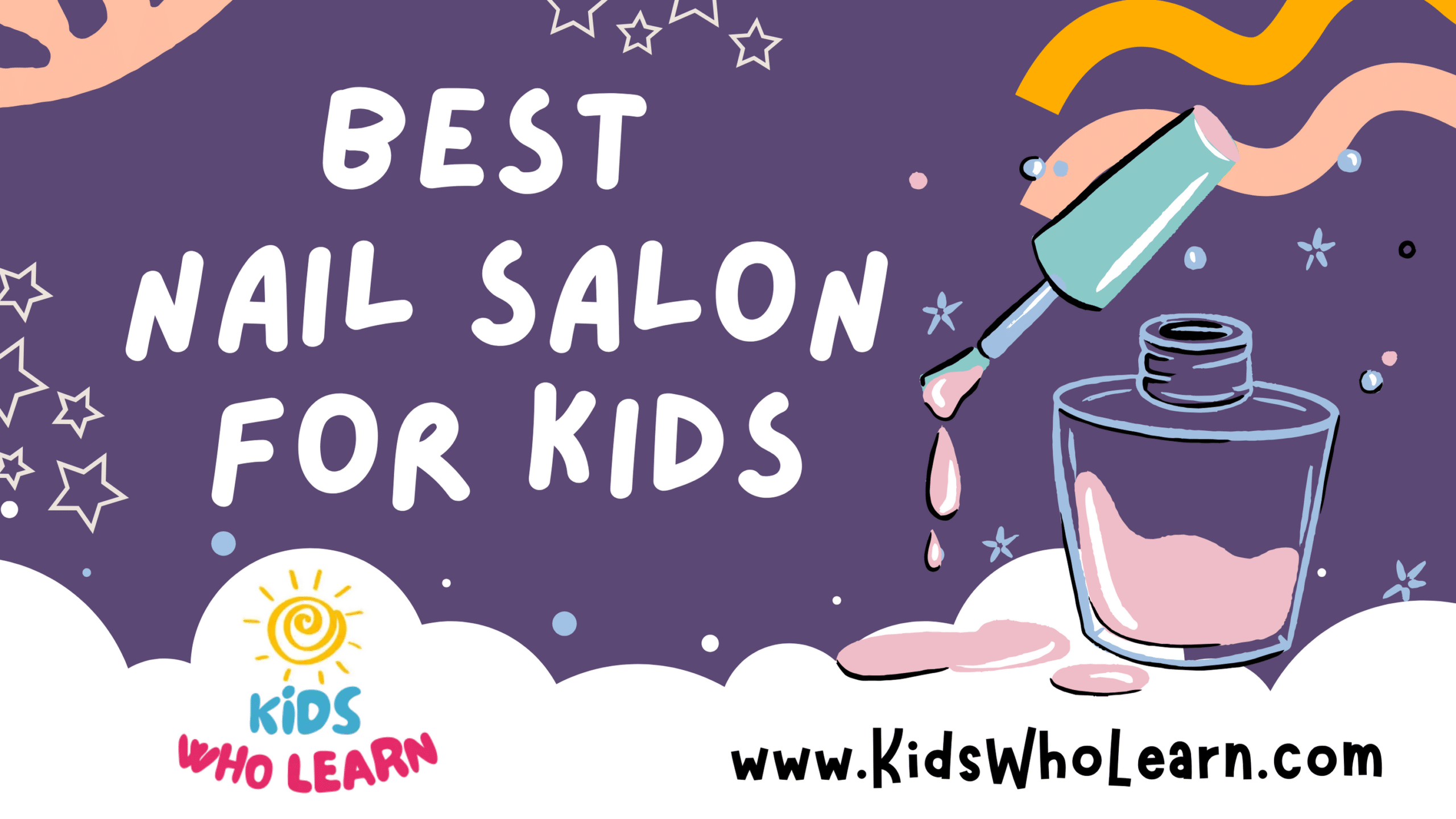Secular homeschooling is an educational choice that has been steadily gaining popularity in recent years. It involves parents taking charge of their child’s education, tailoring the curriculum to their child’s needs, and incorporating their personal values. Unlike religious homeschooling, secular homeschool focuses on a non-religious and neutral education that emphasizes various subjects such as science, history, and the arts.
Parents who choose secular homeschooling believe in the importance of exposing their children to diverse perspectives, rather than limiting their learning experiences to a specific religious or dogmatic teaching. This approach can create a more well-rounded education, as children learn to view the world through a broader lens. Secular homeschooling can also incorporate educational philosophies, such as Montessori or Classical education, which promotes critical thinking, problem-solving, and independent learning skills.
Key Takeaways
- Secular homeschooling offers a non-religious, diverse, and tailored education for your child.
- This approach may incorporate various educational philosophies to encourage critical thinking and problem-solving.
- Secular homeschooling presents unique benefits and challenges but provides the opportunity to guide your child’s educational journey.
Understanding Secular Homeschooling
Secular homeschooling is a way of educating your children at home without any religious affiliation. As a parent, you can choose the educational materials and resources that best support your child’s learning, focusing on their interests, and nurturing their unique talents.
Unlike traditional homeschooling, which may include religious instruction, secular homeschooling keeps religion separate from education. This allows you to give your children the freedom to explore a variety of perspectives and develop their critical thinking skills. Don’t worry; this doesn’t mean you can’t incorporate your beliefs and values into your child’s upbringing. It just means those topics will be treated separately from academic subjects.
As you choose your homeschooling curriculum, you’ll have the opportunity to select from a wide array of resources. You can use textbooks, online courses, or even create your own! One of the benefits of secular homeschooling is that you can tailor your child’s education to their individual needs. For example, if your child has a natural gift for mathematics, you can choose materials that challenge and engage them at their level.
Secular homeschooling also allows for greater flexibility when it comes to scheduling. You can adjust the pace of learning, taking ample time to explore subjects that your child is passionate about. And perhaps more importantly, you can better accommodate your child’s team practice schedule, doctor’s appointments, and other life events.
As you embark on this journey, remember that there are support networks available to you. Online forums, local homeschooling groups, and educational professionals can offer guidance as you navigate the world of secular homeschooling. Connecting with other families who share your approach can be invaluable, providing you with a strong sense of belonging and understanding.
Benefits of Secular Homeschooling
Freedom in Education
Secular homeschooling provides you the freedom to tailor educational content according to your child’s needs and interests. You can choose from a variety of curriculums and resources, ensuring that the learning experience is both engaging and relevant.
Personalized Learning
One significant advantage of secular homeschooling is personalized learning. You can design a curriculum that specifically caters to your child’s strengths, weaknesses, and learning styles. This will maximize their potential and foster a deeper understanding of subjects.
Focus on Critical Thinking
Secular homeschooling emphasizes critical thinking skills. By encouraging your child to analyze information, explore ideas, and ask questions, you are helping them develop a strong foundation in reasoning. This valuable skill will benefit them throughout their lives.
Exposure to Diverse Viewpoints
A secular education exposes your child to a range of perspectives, resulting in a broader and more inclusive worldview. By introducing them to diverse ideas and cultures, you are instilling the importance of understanding and appreciating differences, which is crucial in today’s global society.
Challenges of Secular Homeschooling
Potential Isolation
Secular homeschooling can lead to a feeling of isolation for both you and your child. You may face difficulty finding like-minded families and support groups within the homeschooling community. To minimize this impact, it’s important to actively seek out social opportunities for your child. Engage in local activities, find online groups, and build a network of friends and families who share similar educational philosophies.
Required Dedication
Secular homeschooling demands a strong commitment from you and your child. Not only will you be responsible for your child’s education, but you’ll also need to research and develop your own homeschooling curriculum. Balancing family life, work, and homeschooling can present unique challenges. Make sure to set realistic expectations, establish a routine, and be prepared for the hard work and dedication required to make homeschooling successful for both you and your child.
Guiding Your Secular Homeschool Journey
Choosing Curriculum
When choosing a secular homeschool curriculum, it’s essential to consider your child’s learning style, interests, and skill level. Explore various curricula that emphasize critical thinking, problem-solving, and real-world applications to engage your child effectively. Some popular secular curriculum options include BookShark, Moving Beyond the Page, and Build Your Library. Remember to trust your instincts as a parent and choose a method that aligns with your teaching style and your child’s needs.
Setting Goals
Before diving into secular homeschooling, setting clear educational goals for your child is crucial. Begin by determining your child’s academic needs, and create a plan for their long-term development. Break down these goals into smaller objectives to make them more manageable. Consider the following when setting goals:
- Core Subjects: Math, Science, Language Arts, and Social Studies
- Elective Subjects: Art, Music, or Physical Education
- Skills Development: Critical thinking, problem-solving, and communication
Review and adjust your goals regularly to ensure your child’s progress and maintain a flexible homeschool environment.
Building Social Opportunities
In addition to academic growth, social opportunities play a vital role in your child’s development. Despite the misconceptions, homeschooling does not necessarily limit your child’s social interactions. You can create various social experiences for your child by:
- Joining local homeschool groups: Connect with fellow secular homeschoolers in your area and attend meetings, field trips, and co-op classes.
- Participating in extracurricular activities: Enroll your child in local sports teams, dance classes, or other interest-based clubs.
- Volunteer work: Encourage your child to engage in community service by volunteering at local organizations.
Remember that a well-rounded secular homeschool journey involves not just academics, but also personal growth and social development for your child.
Legal Aspects of Secular Homeschooling
When considering secular homeschooling, it’s essential to understand the legal aspects involved. As a parent, your responsibilities include meeting the requirements set forth by your state or country of residence. In the United States, laws related to homeschooling vary from state to state. Here are some common legal aspects to think about:
-
Notification: In many states, you will need to notify your local school system of your intent to homeschool your child. This typically involves submitting a letter or form to your school district.
-
Curriculum: While some states require you to follow specific subjects or a curriculum, others give you the flexibility to choose your own. It’s crucial to be aware of your state’s requirements and adhere to them.
-
Recordkeeping: Maintaining accurate records of your child’s progress is an essential aspect of homeschooling. This may include attendance, grades, and standardized test results. Be sure to check with your state for specific recordkeeping requirements.
-
Yearly evaluations: In some states, you will need to meet standardization benchmarks by submitting regular progress reports or standardized test scores. These yearly evaluations ensure that your child is meeting the minimum educational requirements.
-
Teacher qualifications: Depending on your state, there may be teacher qualification criteria. These may include having a high school diploma, attending a training course, or obtaining a teaching certificate.
Here’s a brief table showing how homeschooling regulations can vary from state to state:
| State | Notification | Curriculum Requirements | Recordkeeping | Yearly Evaluations | Teacher Qualifications |
|---|---|---|---|---|---|
| Alabama | Yes | Yes | Yes | No | No |
| Arizona | Yes | Yes | No | No | No |
| California | Yes | Yes | Yes | No | No |
| Texas | No | Yes | Yes | Yes | Yes |
Note that the table above is simply an example and does not cover all states.
To make sure you’re following the rules, it’s essential to research your area’s homeschooling laws. Websites such as HSLDA (Home School Legal Defense Association) can be a valuable resource in understanding the legal aspects of secular homeschooling in the United States. Lastly, joining a local homeschooling support group can also help you navigate the legal requirements and connect with other secular homeschooling families in your area.
Resources for Secular Homeschooling
In this section, we’ll explore some useful resources that can assist you in your secular homeschool journey. We’ll discuss online platforms, community networks, and educational resources that cater to secular homeschooling families.
Online Platforms
When it comes to online platforms, there are several options available to find support and access high-quality educational content for secular homeschooling. Some popular choices include:
- Time4Learning: A comprehensive, subscription-based online curriculum, offering subjects from preschool to high school with individualized learning paths.
- Khan Academy: A free online resource with video lessons on various subjects, including math, science, and humanities.
- Outschool: Offers live, virtual classes on an array of topics. These classes can be an excellent supplement to your homeschooling routine.
Community Networks
It’s important for both parents and children to have a supportive community network during their secular homeschooling journey. These networks can provide opportunities for socialization, exchanging ideas, and sharing resources. Here are some options to build your network:
- Local Secular Homeschooling Groups: Search for nearby secular homeschooling groups using social media, library boards, or websites like Meetup.
- Online Forums and Support Groups: Network with other homeschooling families through online forums and Facebook groups, such as Secular Homeschool Support Community.
- Homeschooling Co-ops: Collaborative educational opportunities in which families pool their resources, talents, and time to provide learning experiences for their children. Search for secular homeschooling co-ops in your area.
Educational Resources
Finally, let’s look at some educational resources to enrich your secular homeschooling experience. Remember to choose age-appropriate materials and subjects your child is interested in. Some recommended resources are:
- CurrClick: Offers various downloadable curricula, unit studies, and e-books from numerous publishers, with a dedicated section for secular resources.
- BrainPOP: Provides engaging animated movies and interactive quizzes on various subjects, including science, social studies, and health.
- Books and Magazines: Visit your local library or bookstore to find secular materials suitable for your children’s age group and interests.
By exploring these platforms, community networks, and resources, you’ll be well-equipped to create a successful secular homeschooling journey for your family.
Conclusion
Secular homeschooling offers you a flexible and customized educational approach that aligns with your family values. Being a secular homeschooler means:
- Emphasizing on factual, non-religious educational materials.
- Encouraging your child to think critically and ask questions.
- Respecting diverse perspectives and beliefs.
Here are some key takeaways:
- Freedom of choice: You have the flexibility to choose curriculum and resources that best meet your child’s needs without religious constraints.
- Critical thinking: Secular homeschooling promotes evidence-based learning, fostering logical and analytical skills.
- Inclusivity: You embrace diversity, allowing your child to learn about different cultures and belief systems without bias.
It’s important to establish a well-structured routine to help keep your homeschooling experience organized and enjoyable:
- Set goals and make a plan.
- Develop a daily schedule with regular study hours.
- Include extracurricular activities to encourage socialization and a well-rounded education.
Remember, patience and adaptability are vital, as your homeschool journey will undergo changes as your child grows and learns.
Finally, with secular homeschooling, you have the opportunity to nurture a lifelong love for learning, instill confidence and independence, and empower your child to become an open-minded, analytical thinker.
Good luck, and enjoy the adventure!
Frequently Asked Questions
What are the top secular homeschool curriculums?
There are numerous secular homeschool curriculums available, and the best one for you may depend on your child’s learning style and your teaching preferences. Some of the top options include:
- Oak Meadow
- Time4Learning
- The Critical Thinking Co.
- BookShark
- Moving Beyond The Page
Remember to thoroughly research and review each curriculum to ensure it suits your family’s needs.
How do I start secular homeschooling?
To start secular homeschooling, you’ll want to take the following steps:
- Familiarize yourself with your state’s homeschooling requirements.
- Decide on your educational goals and choose a homeschooling method that fits your needs.
- Research and select a secular curriculum that aligns with your chosen method and goals.
- Connect with local or online secular homeschooling communities for support and advice.
- Create a schedule and learning environment that helps your child thrive.
What are the differences between neutral and secular curriculums?
A neutral curriculum presents information without any religious bias, while a secular curriculum actively excludes religious teachings and focuses on evidence-based, scientific, and critical thinking approaches. While both types of curriculum can work well in a secular homeschooling setting, it’s essential to choose the one that aligns with your family’s values and educational preferences.
Can you recommend secular homeschool resources?
In addition to curriculum providers, there are many resources available to support secular homeschooling. Some popular options include:
- Educational websites: Khan Academy, BrainPOP, and DuoLingo
- Secular literature lists: for varying age ranges and subjects, curated by homeschooling parents
- Podcasts: The Homeschool Sisters, Brave Writer’s Podcast, and The Secular Homeschooler
- Facebook groups and forums: to connect with other secular homeschoolers and share ideas
Do some research and compile a list of resources that resonate with you and suit your child’s interests.
How do secular homeschoolers socialize?
Secular homeschoolers have many opportunities for socialization. As a parent, you can help your child connect with others through:
- Local homeschooling groups and cooperatives
- Online communities and forums
- Field trips and educational outings
- Extracurricular activities and clubs
- Sports teams and leagues
Be proactive in seeking out opportunities, and encourage your child to engage with their peers in various settings.
What are the main secular homeschooling methods?
Several homeschooling methods can be adapted for secular homeschooling. Some of the most popular ones include:
- Classical Education: a focus on reading, writing, and critical thinking skills through classical literature
- Montessori: promotes student independence and self-guided learning
- Unit Studies: an interdisciplinary approach that revolves around a central theme
- Project-Based Learning: encourages hands-on learning and problem-solving skills
- Eclectic: a flexible, personalized approach that combines elements from multiple homeschooling methods
Choose a method that best suits your family’s needs and the individual learning style of your child.







